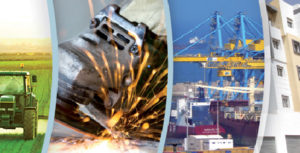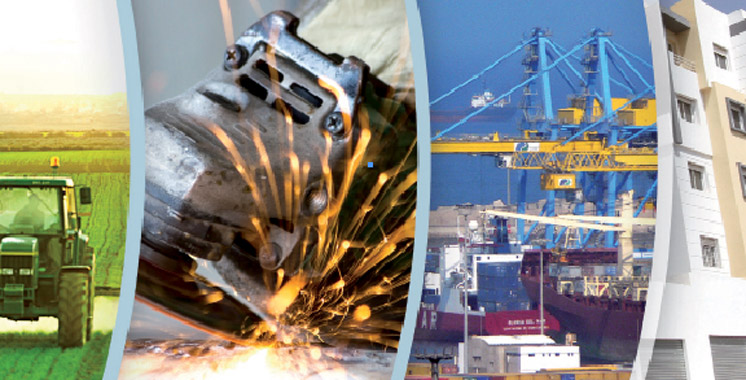 Morocco has capitalized on its political stability, robust infrastructure, and a strategic location, to emergence as a regional manufacturing and export base for international companies, said the US State Department in a report.
Morocco has capitalized on its political stability, robust infrastructure, and a strategic location, to emergence as a regional manufacturing and export base for international companies, said the US State Department in a report.
“Morocco is actively encouraging and facilitating foreign investment, particularly in export sectors like manufacturing, through macro-economic policies, trade liberalization, investment incentives, and structural reforms,” said the report, highlighting in particular Morocco’s 2014 Industrial Acceleration Plan, as a new approach to industrial development based on establishing “ecosystems”.
The ecosystems integrate value chains and supplier relationships between large companies and small and medium-sized enterprises (SMEs;), has guided Ministry of Industry policy for the last five years.
The report also shed light on incentives offered to foreign investors citing the financial and administrative facilities offered by Casablanca Finance City (CFC), Morocco’s flagship financial and business hub launched in 2010.
“Morocco’s return to the African Union in January 2017 and the launch of the African Continental Free Trade Area (CFTA) in March 2018 provide Morocco further opportunities to promote foreign investment and trade and accelerate economic development,” it said.
Morocco has ratified 69 bilateral investment treaties for the promotion and protection of investments and 60 economic agreements – including with the United States and most EU nations – that aim to eliminate the double taxation of income or gains, the report recalls.
In the World Bank’s 2019 Doing Business Report , Morocco ranks 60 out of 190 economies worldwide in terms of ease of doing business, rising nine places since the 2018 report, it said.
Such progress was achieved against the backdrop of number of reforms facilitating business registration, such as eliminating the need to file a declaration of business incorporation with the Ministry of Labor, reducing company registration fees, and eliminating minimum capital requirements for limited liability companies.
The report also commends Morocco’s sound financial fundamentals and developed banking system “where penetration is rising rapidly.”
“Morocco has some of Africa’s largest banks, and several are major players on the continent and continue to expand their footprint. The sector has several large, homegrown institutions with international footprints, as well as several subsidiaries of foreign banks,” said the US State Department.
It is to be recalled that the joint follow-up committee on the Morocco-US Free Trade Agreement (FTA) convened in Rabat earlier this July to discuss ways of boosting trade exchanges and cooperation particularly in the sectors of agriculture, textiles, investment and customs.
Assistant US Trade Representative Dan Mullaney who co-chaired the meeting expressed Washington’s willingness to develop trade relations with Morocco and to promote investment, stressing the need to take full advantage of the opportunities offered by the FTA which created momentum through its positive impact on economic and trade relations between the two countries.
The volume of trade between Morocco and the United States more than quadrupled during the period 2006-2018, reaching approximately $5.44 billion in 2018, compared to $1.34 billion in 2006.
More than 120 US companies are present in Morocco, which is a sign of confidence in the country’s potential.
